Commercial Auto Insurance vs. Personal: Key Differences
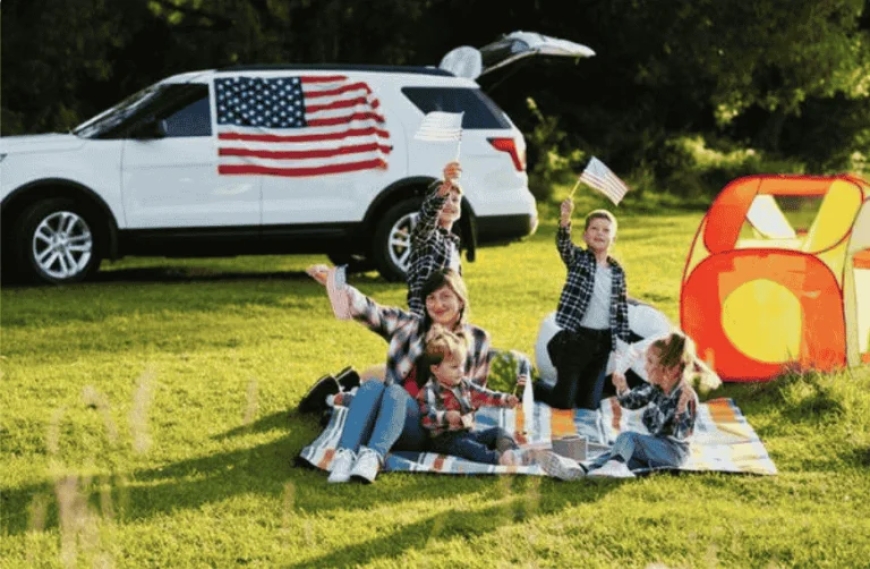
When it comes to auto insurance, not all policies are created equal. Whether you use your vehicle for personal errands or business operations, having the right coverage is crucial. Understanding the differences between commercial auto insurance and personal auto insurance can help you make an informed decision and avoid potential financial risks.
What Is Personal Auto Insurance?
Personal auto insurance is designed for individuals who use their vehicles for everyday activities, such as commuting, running errands, or leisure travel. This type of policy covers:
-
Liability: Pays for damages or injuries you cause to others.
-
Collision: Covers repairs to your car after an accident.
-
Comprehensive: Protects against non-collision incidents (theft, vandalism, natural disasters).
-
Medical Payments: Helps with medical expenses for you and your passengers.
-
Uninsured/Underinsured Motorist Coverage: Protects you if the at-fault driver lacks sufficient insurance.
Personal auto insurance is typically cheaper but has limitations on business-related use.
What Is Commercial Auto Insurance?
Commercial auto insurance is tailored for vehicles used for business purposes. Whether you own a delivery van, a company car, or a fleet of trucks, this coverage provides higher protection limits and specialized features, including:
-
Higher Liability Limits: Businesses face greater risks, so commercial policies offer more extensive coverage.
-
Cargo Insurance: Protects goods being transported.
-
Hired & Non-Owned Auto Coverage: Covers rented or employee-owned vehicles used for work.
-
Coverage for Multiple Drivers: Businesses with employees driving company vehicles need broader protection.
If you use your vehicle for work (deliveries, transporting clients, or hauling equipment), personal insurance may deny a claim, leaving you financially vulnerable.
Key Differences Between Commercial and Personal Auto Insurance
| Feature | Personal Auto Insurance | Commercial Auto Insurance |
|---|---|---|
| Primary Use | Personal driving | Business operations |
| Coverage Limits | Lower | Higher |
| Policy Cost | More affordable | More expensive |
| Covered Drivers | Named drivers (family) | Employees & multiple drivers |
| Cargo Coverage | Not included | Included (if applicable) |
| Vehicle Types | Cars, SUVs, light trucks | Vans, trucks, fleet vehicles |
When Do You Need Commercial Auto Insurance?
You may need a commercial policy if your vehicle is:
-
Registered under a business name
-
Used for deliveries, ridesharing, or transporting goods
-
Driven by employees for work purposes
-
Heavier or modified for business needs (e.g., food trucks, tow trucks)
Using personal insurance for business activities can lead to claim denials, fines, or even policy cancellation.
Final Thoughts
Choosing the right auto insurance depends on how you use your vehicle. Personal auto insurance is ideal for everyday driving, while commercial auto insurance provides the necessary protection for business-related risks. Assess your needs carefully to ensure you’re adequately covered.
For expert advice on auto insurance solutions, visit jokword.xyz today!











































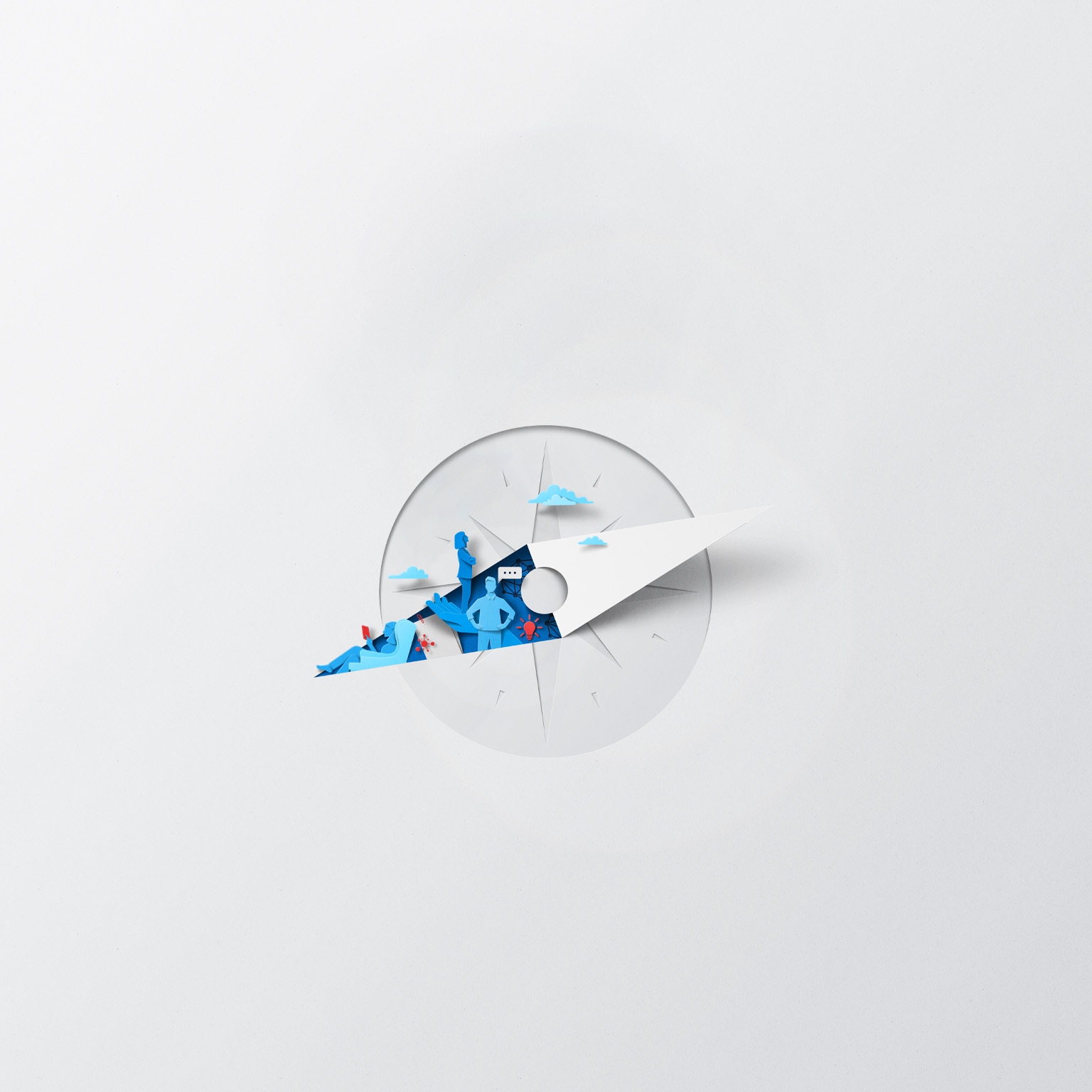

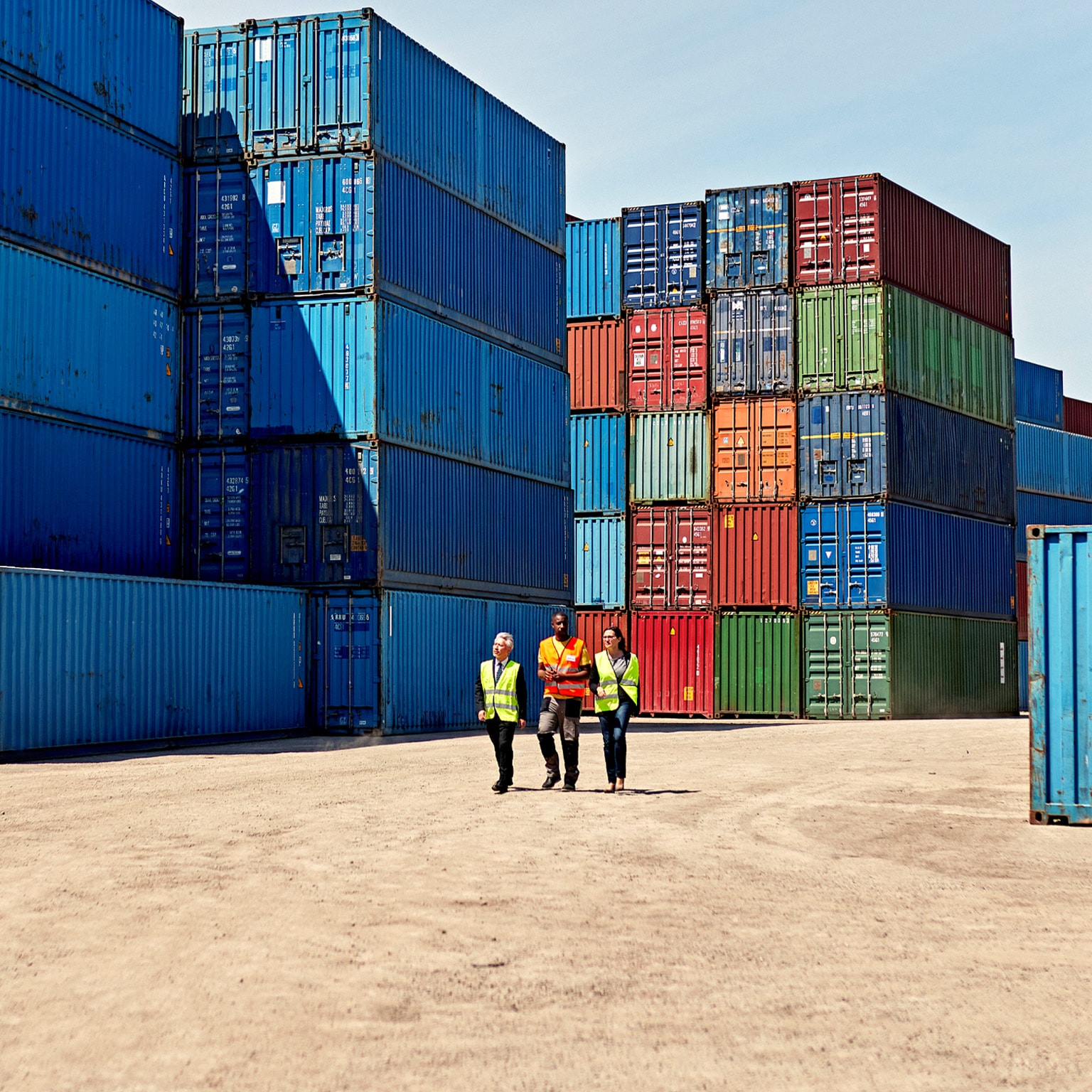







































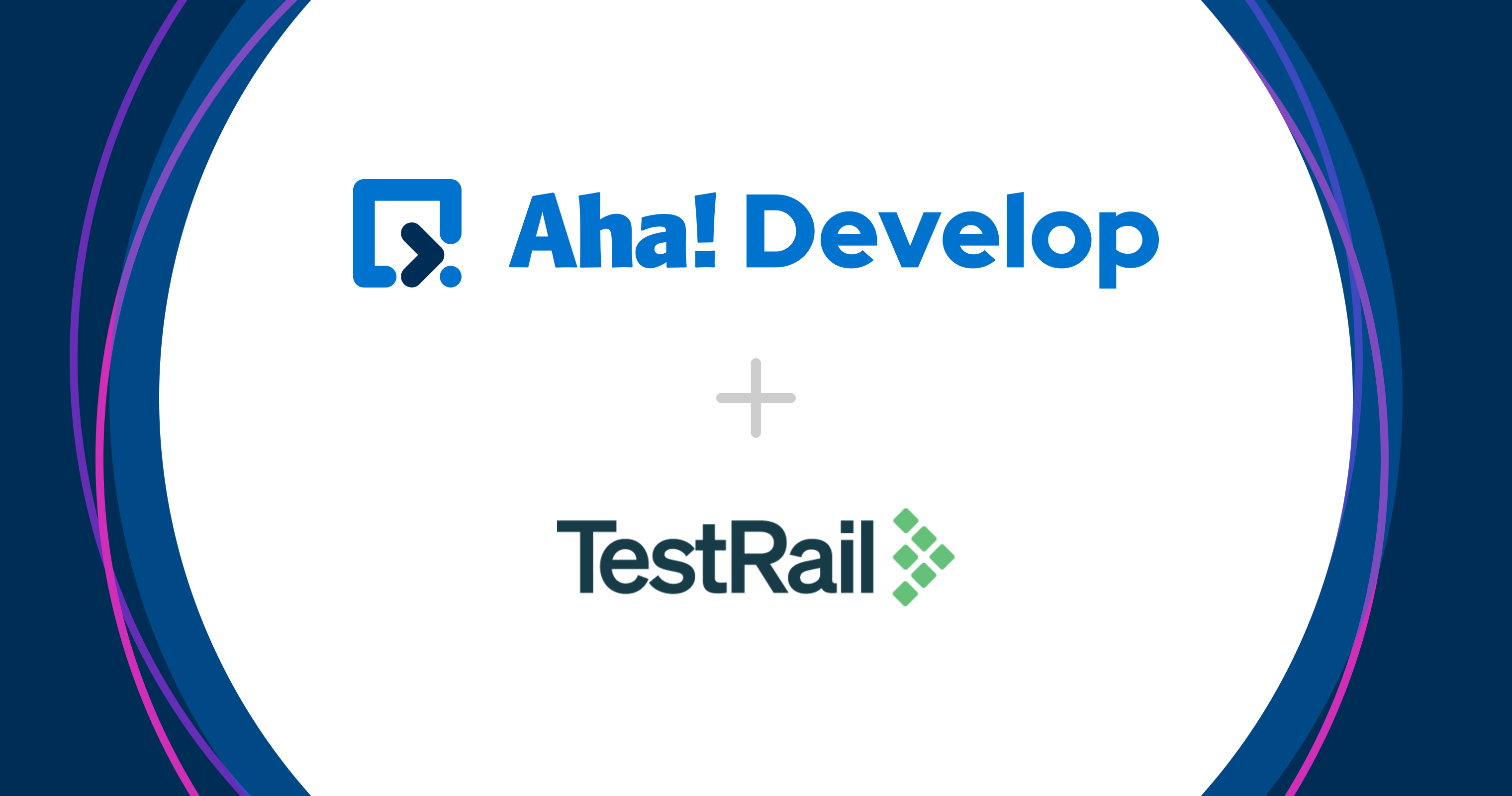






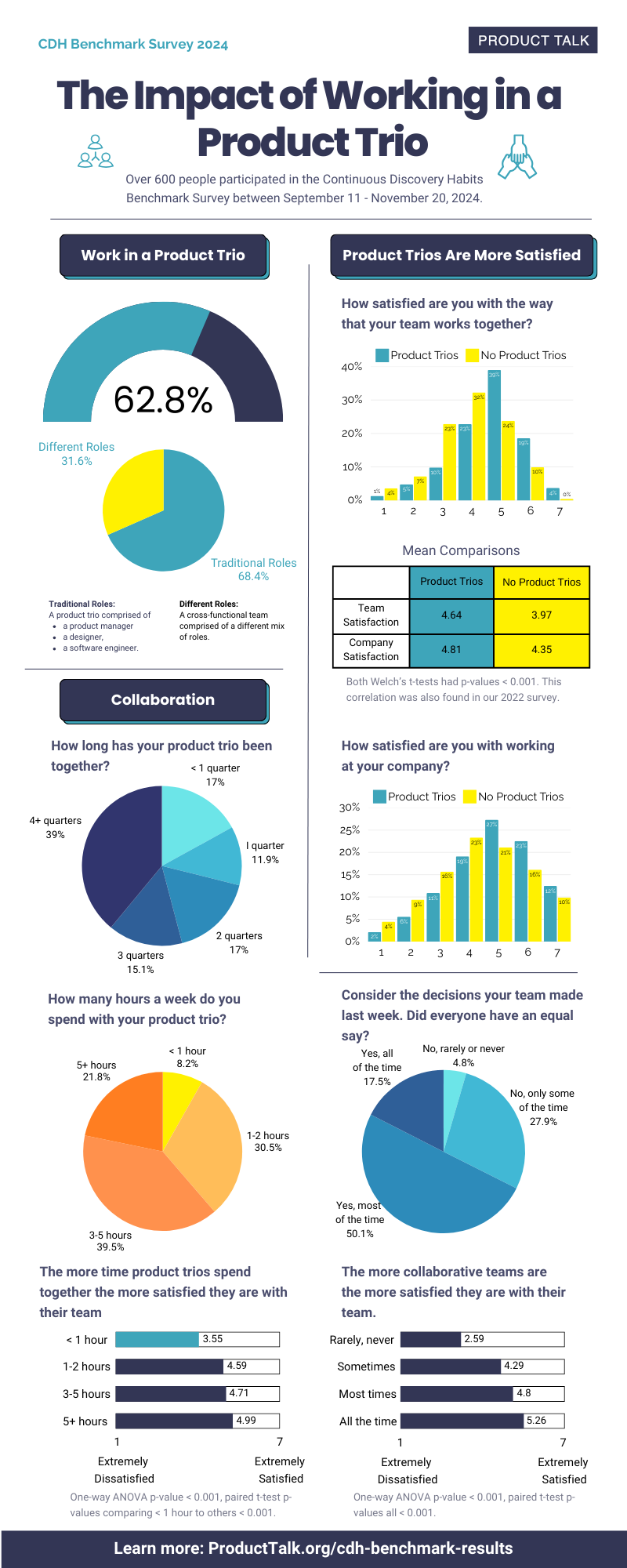














![Building A Digital PR Strategy: 10 Essential Steps for Beginners [With Examples]](https://buzzsumo.com/wp-content/uploads/2023/09/Building-A-Digital-PR-Strategy-10-Essential-Steps-for-Beginners-With-Examples-bblog-masthead.jpg)















![How to Use GA4 to Track Social Media Traffic: 6 Questions, Answers and Insights [VIDEO]](https://www.orbitmedia.com/wp-content/uploads/2023/06/ab-testing.png)




































